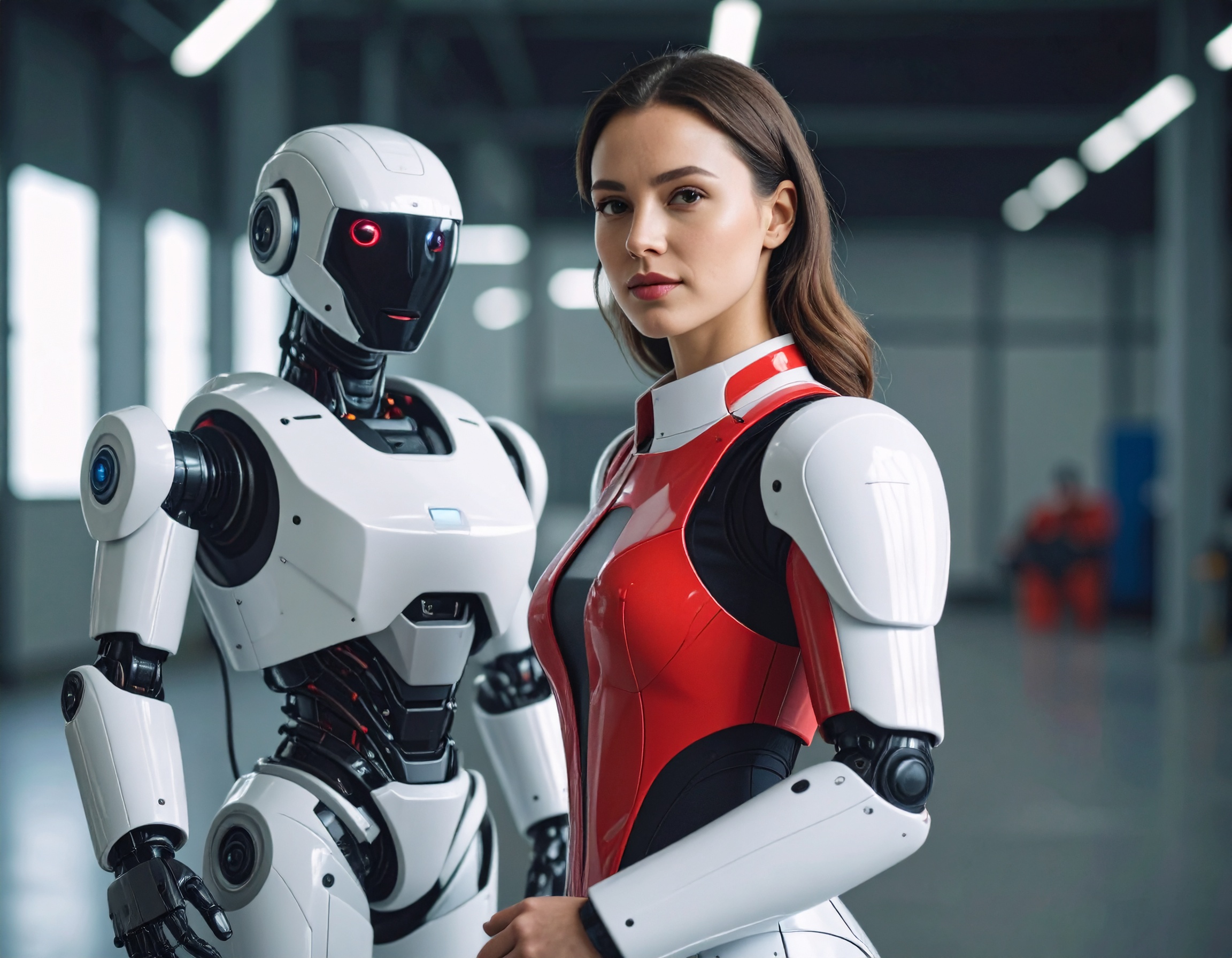Digital Workforce Domination: Intelligent Agents Take Center Stage

A seismic shift in the employment landscape unfolded recently, as disclosed by tech expert Bernt Bornich on Twitter on [insert date]. The rise of Intelligent Agents, often referred to as Digital Employees, has initiated a revolution in the professional realm, prompting a reevaluation of traditional job roles and human-centric work structures.
Unveiling the Breakthrough:
- Intelligent Agents, sophisticated computer programs equipped with artificial intelligence, are seamlessly infiltrating workplaces.
- Digital Employees are demonstrating their versatility by undertaking tasks spanning data analytics, decision-making processes, and customer service, previously reserved for human workers.
- This development challenges the conventional notion of work, raising concerns about the future role of human employees.
Key Implications:
- Turbocharged efficiency: Intelligent Agents are heralding a new era of productivity, showcasing unparalleled speed and accuracy in task execution.
- Economic Impact: The adoption of Digital Employees introduces cost-effective solutions, prompting a paradigm shift in business operations.
- Human Work Evolution: The influx of non-human workers necessitates a strategic reassessment of human roles, emphasizing adaptability and upskilling.
Navigating the Future:
- Synergistic Collaboration: The future workplace envisions a harmonious collaboration between human workers and Digital Employees, each contributing unique strengths.
- Ethical Considerations: The widespread use of non-human workers prompts ethical deliberations, demanding a careful examination of their societal impact.
- Proactive Adaptation: Companies and individuals are urged to proactively adapt to this technological surge, highlighting the importance of continuous learning and skill development.
As we witness the ascent of Intelligent Agents, it becomes clear that a transformative wave is reshaping the employment landscape. Businesses and individuals must embrace this digital evolution, navigating the challenges and opportunities it presents to ensure a harmonious coexistence between human and non-human workers in the workforce of tomorrow.
Key Highlights:
- Intelligent Agents Emergence: Recent revelations by tech expert Bernt Bornich on Twitter unveil the increasing integration of Intelligent Agents, sophisticated computer programs with artificial intelligence capabilities, into various workplaces.
- Digital Employees' Versatility: These Intelligent Agents, also known as Digital Employees, showcase their adaptability by handling tasks ranging from data analytics to customer service, challenging traditional job roles previously reserved for human workers.
- Transformative Impact: The rise of Digital Employees signals a paradigm shift in productivity, introducing unparalleled efficiency and cost-effectiveness in business operations, thereby reshaping economic considerations.
- Human Work Evolution: The infiltration of non-human workers prompts a strategic reassessment of human roles in the workforce, emphasizing the importance of adaptability and upskilling for individuals to remain relevant.
- Collaborative Future: The future workplace envisions a harmonious collaboration between human and Digital Employees, with each contributing unique strengths to create a synergistic and efficient working environment.
- Ethical Considerations: As Digital Employees become more prevalent, ethical concerns surrounding their societal impact come to the forefront, urging a careful examination of the consequences of widespread non-human workforce adoption.
- Proactive Adaptation: Companies and individuals are urged to proactively adapt to this technological surge, emphasizing the need for continuous learning and skill development to navigate the challenges and opportunities presented by the rise of Intelligent Agents.
Reference:


